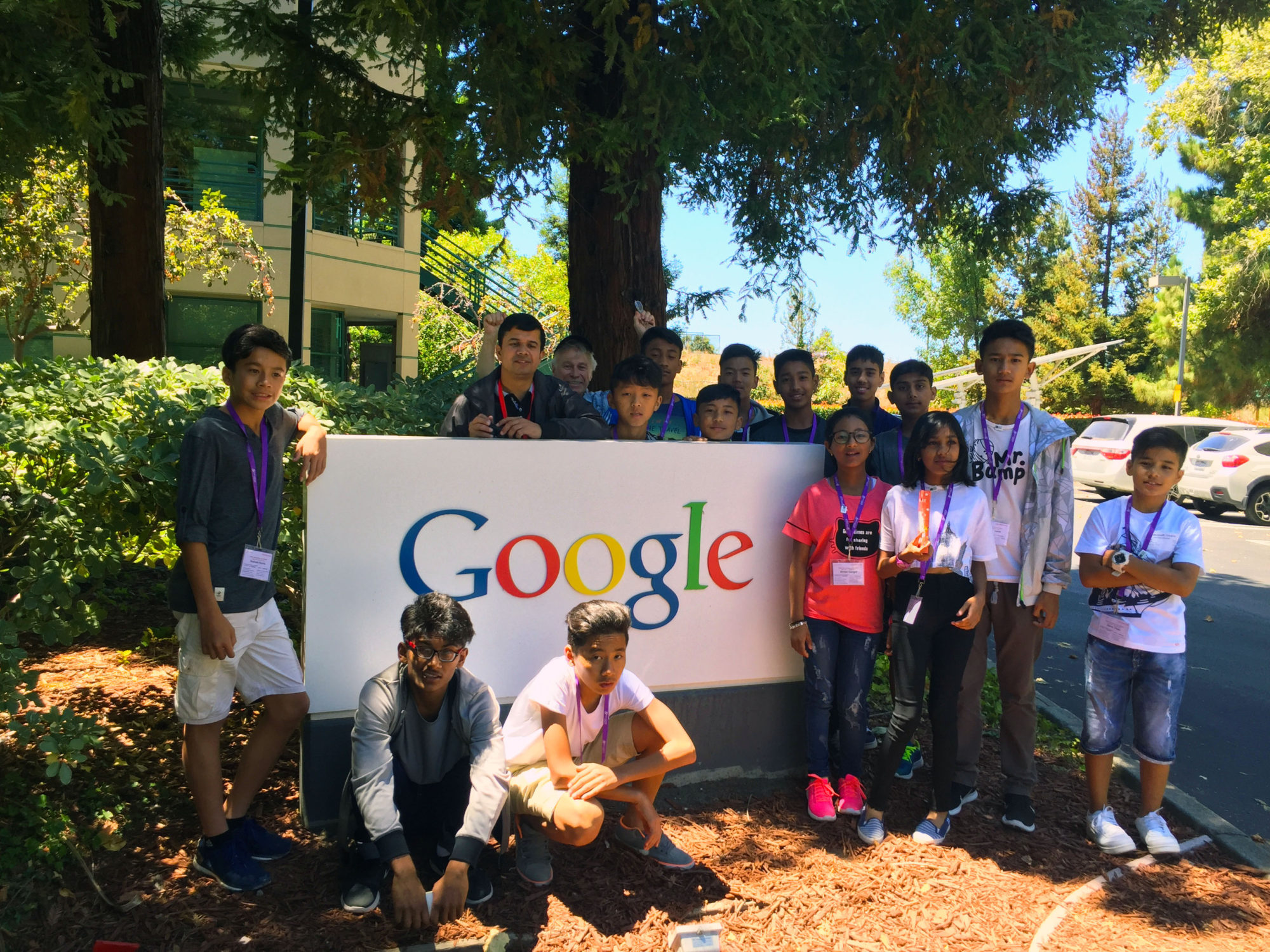Education is not the process of imparting information. It is the process of assisting students in developing skills, processing information and gaining knowledge. Education is the tool that facilitates learning in students. This learning is not just limited to academic expertise in their subjects but is learning for life. Students learn different life skills when they are nourished through a proper educational program. There are different methodologies that an educational program implements to fulfill its purpose. These methodologies are designed to cater to all students in an inclusive manner.
It is an important aspect of an educational program that students with different learning capabilities are included and catered to. Different students have different strengths and weaknesses. Some students are more receptive to visual means of learning while some students process things well when they are involved physically. As such, learning is a very individualistic process but it is also a group process. Students learn to work in teams, and when they do so, they develop important skills like communication, team building, and leadership. Let us look at some methodologies of an educational program:
Storytelling:
Stories create a sense of wonder and excitement amongst students. During an educational program, storytelling is a remarkable way to engage the attention of students and teach them about life, people, and cultures and so on. It has been observed that stories make the children feel at home and promote a relaxed and positive learning environment. Students have an increased sense of communication and their expression improves. In addition to fuelling creativity, it also increases listening skills, communication skills, and verbal proficiency. Stories in an educational program enable children to experience diverse cultures and draw differences and commonalities between them.
Formal and Informal discussions:
Classroom discussions amongst students and teachers facilitate the flow of ideas and opinions. It is a very important tool to develop speaking skills in students. They learn to communicate their ideas to other and articulate them in a manner that others effectively understand what they want to put across. At the same time, it increases the understanding of ideas. During discussions, they get the opportunity to ask the right questions that help them attain more clarity on the given topic. A good discussion during an educational program leads to some of the best ideas and solutions coming up in a collaborative manner. It furthers the problem-solving skills of students. Discussions also act as a feedback tool for the teachers to understand how much the students are learning and which areas does the teaching needs to focus on.
Visualisation:
The visualization may be defined as a display of information that gives a visual means to process the information step by step. A visualization must draw upon the already existing knowledge base of students participating in the educational program. As such, they draw similarities between the concepts they know and understand; and the new concepts that are being introduced in the educational program. This increases their reasoning and analytical power. It is a useful tool in modeling a concept or a problem. Particularly in a science educational program, it plays a major role as it is important that students explore the explanation for different phenomenon happening in the world around.

